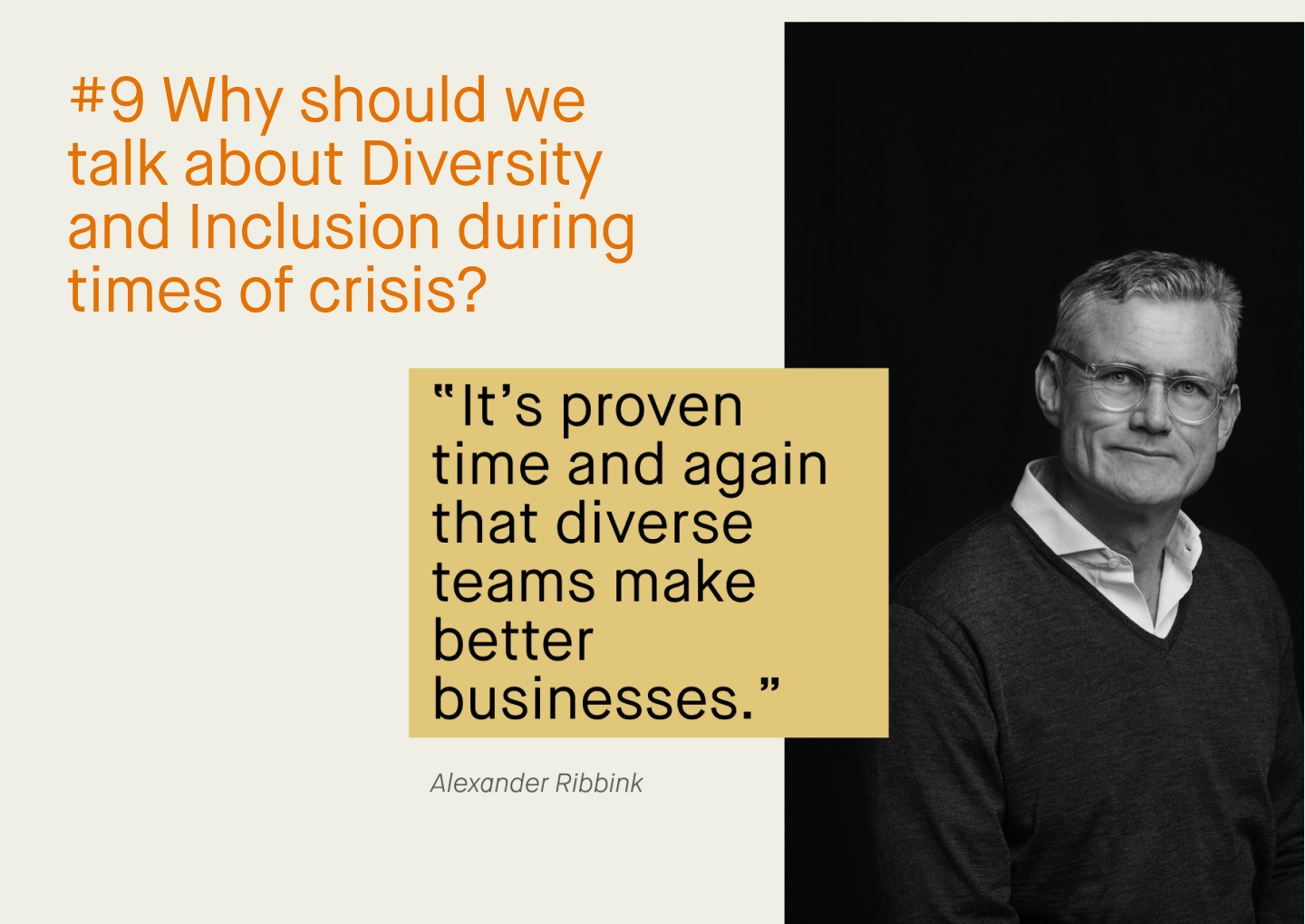While breaking bad news is always an unpleasant experience, doing so when unable to meet face-to-face makes things more complicated.
When it comes to letting staff go, Dewi says: “Over-communicating is the key here as well. We did regular talks, we did after talks with the people who had to leave, be as transparent as possible. We offered to help with finding new jobs, the only thing you can do is help as much as possible and be there for them.”
“It’s the same for people that are staying, we’re still not sure what’s going to happen in the future, the only thing we can do is be as transparent as possible and communicate all the information that we have.”
Constance reiterated that need for transparency, again stressing that communication is key throughout this process.
“There are so many things going on, a pitfall can be to not spend enough time communicating with the team. Once people are not up to date or don’t understand the ‘why’ behind it all, a negative spirit can grow. On the flip side if you explain the direction well and work on the right initiatives, then a positive spirit will follow.”
Jurrian also raises the topic of legalities when making these decisions, adding that it’s vital to know what can and cannot be done in terms of employment law. This allows you to not only protect yourself but offer fair reasoning to the people affected.
The reality is this, we are in the midst of a once-in-a-lifetime pandemic, people are not working from home because they want to, they are doing so as they have no choice. It’s natural for morale and motivation to dip and it would be naive to expect otherwise.
This means it’s essential as leaders, to ensure you do all you can to accommodate where possible and to adapt to how you manage your team. The way in which you handle this period will extend far beyond the pandemic, in terms of both your finances and reputation. With this being said, it’s time to ask yourself whether you’re doing enough to ensure the wellbeing of staff?





